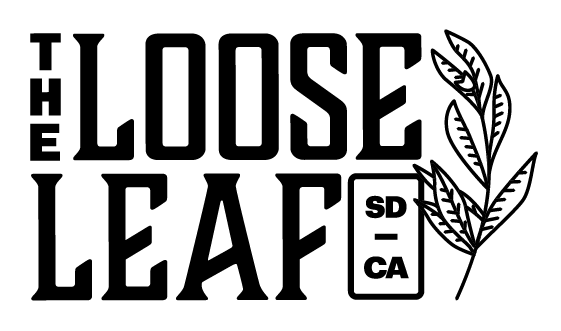What Happens When Cortisol Goes on Vacation?
Imagine this: Your body’s alarm clock, cortisol, decides to take a permanent holiday. While most people are busy stressing about too much cortisol (hello, stress hormone!), we forget what happens when cortisol takes a break. Spoiler alert: It’s not all yoga vibes and tranquility.
Let’s talk about what happens when your body’s stress manager decides to hit snooze, indefinitely.
The Role of Cortisol: Not Just for Stress
Before we get into the nitty-gritty, let’s remember that cortisol isn’t the villain it’s made out to be. Sure, it has a bad rap as the "stress hormone," but it’s more of a multitasking overachiever. Cortisol helps regulate:
Energy levels
Blood pressure
Immune response
Metabolism
So, what happens when you don’t have enough cortisol? Things can get... interesting.
1. You Might Feel Like a Deflated Balloon
Lack of cortisol can leave you feeling like you’re dragging yourself through quicksand. You might experience extreme fatigue, no matter how many cups of coffee you throw at the problem. Think of cortisol as your body’s morning pep talk – without it, you’re missing the motivation to get out of bed, literally and figuratively.
2. Blood Pressure’s Big Meltdown
Cortisol plays a key role in maintaining healthy blood pressure. Without it, your blood pressure can drop to basement levels, leading to dizziness or even fainting spells. It’s like your body is saying, “I’d like to stay horizontal forever, thanks.”
3. The Great Sugar Roller Coaster
Low cortisol means your body struggles to regulate blood sugar. You might find yourself on a wild sugar roller coaster, where energy dips leave you craving carbs like your life depends on it (because, in a way, it kind of does). Cortisol helps keep blood sugar stable, so without it, your body can’t keep things balanced. Cue the hangry outbursts.
4. Immune System: Off Duty
Here’s the kicker: Without enough cortisol, your immune system can go into overdrive. While too much cortisol suppresses the immune system, too little can cause it to get overly enthusiastic, attacking healthy tissues. So, not only do you feel tired and dizzy, but you might also develop autoimmune issues. Fun, right?
5. Mental Fog is the New Normal
Low cortisol can leave you feeling like your brain is stuck in a thick fog. Memory issues, poor concentration, and general confusion become regular features of your day. It's like trying to drive with your windshield covered in mud – not impossible, but definitely not ideal.
How to Get Your Cortisol Back on Track
If cortisol has gone MIA, the first step is figuring out why. Stress management (ironically), good sleep, and healthy eating can all help regulate cortisol levels, but if you’re experiencing extreme symptoms, it’s best to talk to a doctor who can pinpoint the cause.
In the meantime, take care of yourself! When your body’s stress manager is on break, it’s time to bring in some backup: adaptogens like ashwagandha, proper hydration, and relaxation techniques can give you the support you need to get things moving again.
Cortisol might not be the hero we want, but it’s definitely the hero we need. So, while it's off on its vacation, make sure you're giving your body the care it deserves!
Check out our herbal teas that help support proper cortisol levels:
